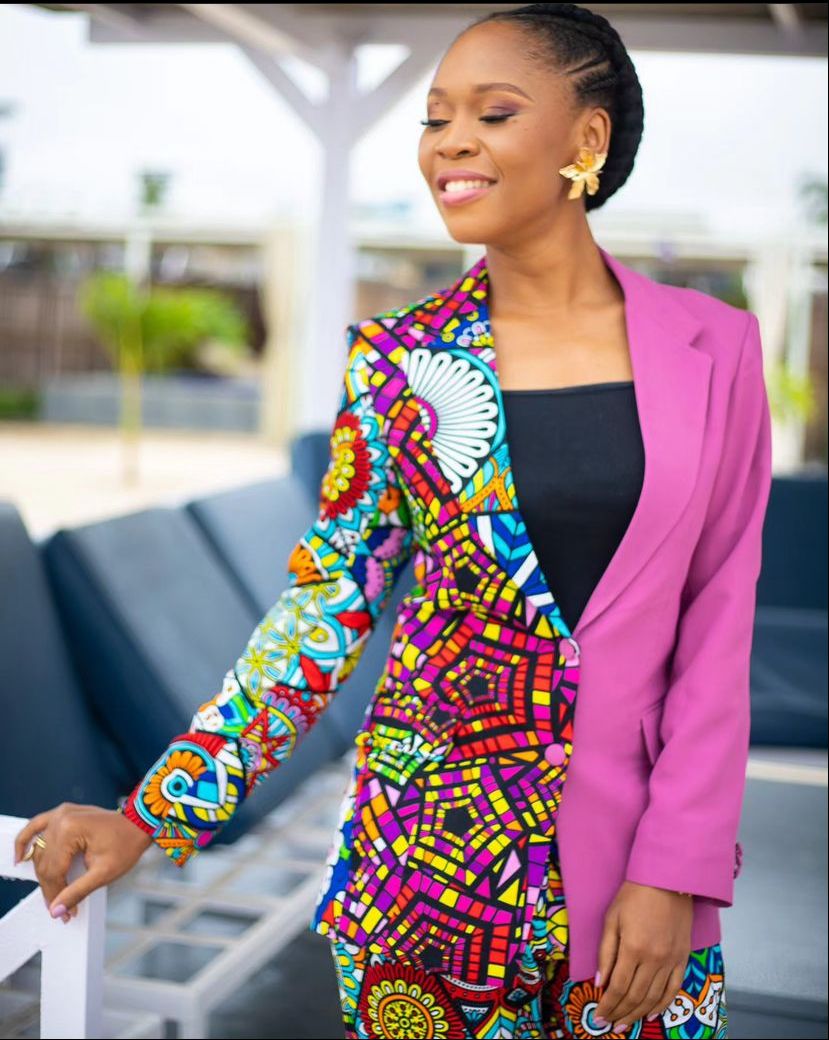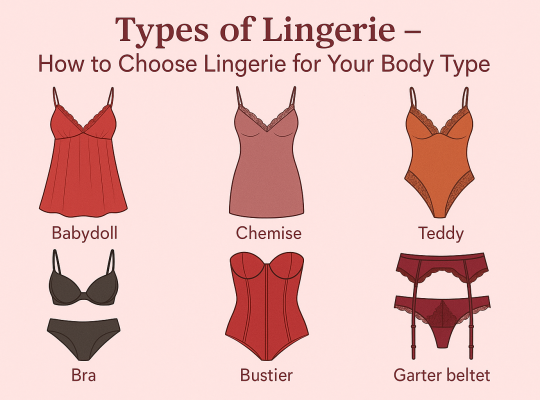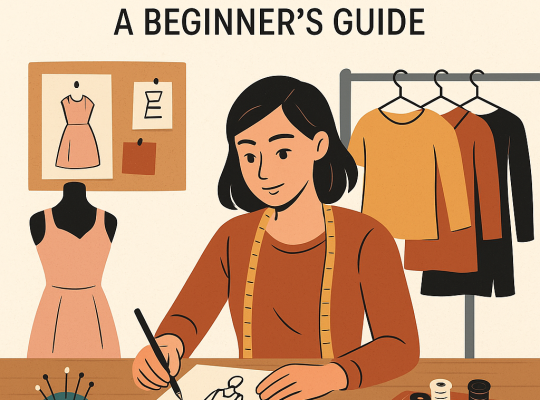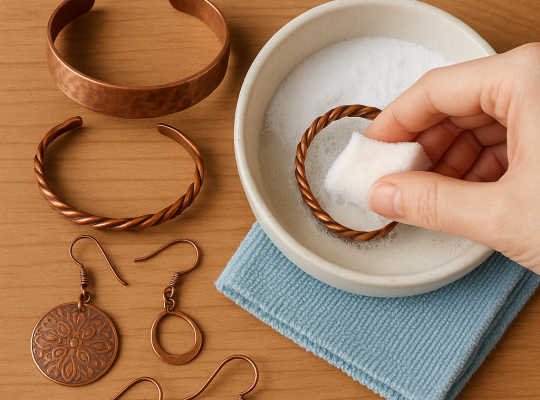Clothing is more than just a means to cover our bodies. What we wear is a form of self-expression, a way to convey messages about our personalities, moods, and values to the world around us. From the colors we choose to the styles we adopt, every outfit tells a story. Whether we like it or not, our clothes communicate much more than we may realize.
In this article, we’ll explore how your clothing choices can speak volumes about who you are, what they communicate to others, and how you can use fashion to reflect your true self.
1. Your Personal Style: A Reflection of Your Identity
The way you dress plays a significant role in expressing your personality. Personal style is unique to each individual, and it can say a lot about your preferences, tastes, and even your mood. Your clothes serve as a canvas that you paint to represent who you are and how you wish to be perceived.
Classic Style:
If you gravitate toward timeless and elegant pieces, such as tailored suits, trench coats, or little black dresses, your clothing likely reflects a love for tradition and simplicity. You may be someone who values consistency, sophistication, and reliability. Classic styles are often associated with people who prefer stability, control, and an enduring sense of style over fleeting trends.
Bohemian Style:
If you lean towards free-spirited clothing like flowing dresses, ethnic prints, and layered accessories, your style could reflect an artistic and creative personality. Boho fashion often appeals to people who value individuality, independence, and a laid-back lifestyle. It speaks to an adventurous soul who is open to new experiences and embraces a natural, effortless way of living.
Minimalist Style:
For those who prefer a more minimalist wardrobe—think neutral colors, sleek cuts, and functional pieces—your clothing communicates an appreciation for simplicity and functionality. You likely value practicality, efficiency, and a clutter-free life. Minimalists often avoid excessive ornamentation, preferring clean lines and pieces that are versatile and easy to mix and match.
2. Colors Speak Louder Than Words
Colors are one of the most powerful elements in fashion. The colors you wear can significantly influence how others perceive you and how you feel about yourself. Every color carries with it certain psychological meanings that can send strong messages.
Red:
Wearing red often symbolizes confidence, passion, and energy. It is a color that commands attention and can indicate power or assertiveness. If you wear red often, it may signal that you are bold, self-assured, and not afraid to stand out in a crowd.
Blue:
Blue is a calming, trustworthy, and stable color. It’s often associated with professionalism and dependability. If you prefer blue hues, you may come across as approachable, responsible, and reliable. Blue is a popular color for business attire because it conveys confidence without being overwhelming.
Black:
Black is classic, powerful, and elegant. It can symbolize authority, sophistication, and mystery. Many people wear black to look polished and refined. It’s the go-to color for formal occasions, but it can also represent a desire to blend in or remain discreet. Those who wear black often value elegance, power, and simplicity.
Yellow:
Yellow is bright, energetic, and cheerful. It’s often seen as a color of optimism and creativity. Wearing yellow can suggest that you have a positive outlook on life and are open to new experiences. It can also be a sign of optimism and warmth, making it a great color for attracting attention in a friendly way.
White:
White symbolizes purity, simplicity, and cleanliness. People who wear white are often perceived as fresh, optimistic, and organized. White is also associated with new beginnings, which is why it’s often chosen for weddings or other life events. If you gravitate towards white, you may appreciate clarity, transparency, and peacefulness.
3. Clothing and Social Status
What you wear can also communicate your social status or level of wealth. Certain clothing brands, styles, and materials are associated with luxury, while others are linked to affordability. The brand names, the quality of the fabric, and the price tag on your clothes can send messages about your social standing and financial situation.
High-End Brands:
If you wear clothing from high-end designers such as Gucci, Louis Vuitton, or Chanel, you may be communicating wealth, success, or a taste for luxury. Luxury brands are often seen as status symbols, and they carry an association with exclusivity and high social standing.
Affordable or Fast Fashion:
On the other hand, wearing more affordable or mass-produced fashion could indicate practicality or an emphasis on style over brand. People who favor affordable clothing may still be very fashion-forward but prefer to mix and match to create their own unique look without spending excessively on high-end labels.
Vintage and Thrift Clothing:
Vintage clothing or thrifted items can signal a love for nostalgia, sustainability, and individuality. Wearing these items may communicate that you are environmentally conscious, creative, and appreciate history. Thrift shopping can also suggest that you are resourceful and enjoy finding one-of-a-kind pieces.
4. Fashion and Cultural Significance
Clothing choices can also reflect cultural identity, traditions, and beliefs. Fashion can serve as a tool for expressing pride in one’s heritage and embracing cultural diversity.
Cultural Heritage:
In many cultures, clothing is used to express ethnic pride and social belonging. For example, traditional garments like kimonos, saris, dashikis, and African print clothing represent the rich history and cultural values of their respective regions. Wearing these clothes communicates a deep connection to one’s roots and can also serve as a way of honoring and preserving cultural heritage.
Religious Significance:
Certain clothing items may also reflect religious beliefs or practices. For instance, some individuals wear garments like hijabs, turbans, or crosses to signify their religious identity. These clothing choices help people stay connected to their faith and can be a source of pride and solidarity.
5. Fashion as a Means of Empowerment
Fashion has long been a tool for empowerment. The right clothing can make people feel more confident, assertive, and capable. What you wear can help you take on new roles, whether it’s in the workplace, at school, or in social settings.
Professional Attire:
In professional settings, how you dress can play a huge role in your career. Wearing a well-tailored suit, smart blouse, or polished shoes can give you the confidence you need to present yourself as an authority figure. Clothing helps you signal to others that you are prepared, capable, and ready to take on responsibility.
Comfort and Confidence:
When you wear clothing that makes you feel comfortable and confident, it enhances your self-esteem. Your clothes should make you feel empowered, and when you feel good about how you look, your confidence shines through. Clothing that fits properly and expresses your personal style boosts self-assurance and helps you project the image you want to portray.
6. The Power of Accessories
Accessories are often the finishing touches that complete an outfit, but they can carry significant meaning on their own. Jewelry, bags, scarves, and hats are more than just decoration; they’re a form of self-expression that speaks to your personality, status, and style.
Jewelry:
Gold, silver, diamonds, and other precious stones can signify wealth or status. However, jewelry can also carry sentimental value, representing personal milestones, family heirlooms, or significant relationships. A simple piece of jewelry, like a ring or necklace, can tell a story about who you are or what’s important to you.
Bags and Shoes:
Bags and shoes can make or break an outfit, and they often reveal a lot about your priorities. Designer bags or shoes can signal luxury and a desire to stand out, while more practical or casual bags might indicate that comfort and function are important to you. For many, shoes are a major part of their fashion identity, and what you wear on your feet often says a lot about your personality.
7. Fashion and Mood
Your clothes can reflect your mood or emotions, and often, people dress according to how they feel on a given day.
Feeling Bold or Happy:
If you’re feeling energetic and happy, you might choose bright colors, bold patterns, or statement pieces that reflect your vibrant mood. On days when you’re feeling confident or optimistic, you’re likely to wear clothes that make you feel powerful and strong.
Feeling Low or Relaxed:
On days when you’re feeling tired or low-energy, you may gravitate towards comfortable, cozy clothing like sweats, hoodies, or casual dresses. These pieces provide the comfort and support you need when you want to relax or take it easy.
8. Fashion as a Form of Communication
Fashion is a non-verbal form of communication. What you wear often speaks louder than words, and it can send messages to the world about your beliefs, values, and lifestyle choices. From social activism to personal interests, fashion allows individuals to communicate who they are without speaking a word.
Conclusion
What your clothes say about you is powerful. Whether you are consciously choosing your outfits or not, the way you dress influences how you’re perceived by others and how you perceive yourself. Fashion has the ability to reflect your personality, mood, and values, helping you express your individuality while communicating important messages to the world. So, the next time you choose an outfit, remember that you’re not just dressing your body; you’re also communicating who you are.
By making mindful fashion choices, you can align your clothing with your true self, boosting your confidence, reflecting your culture, and expressing your unique style to the world.






